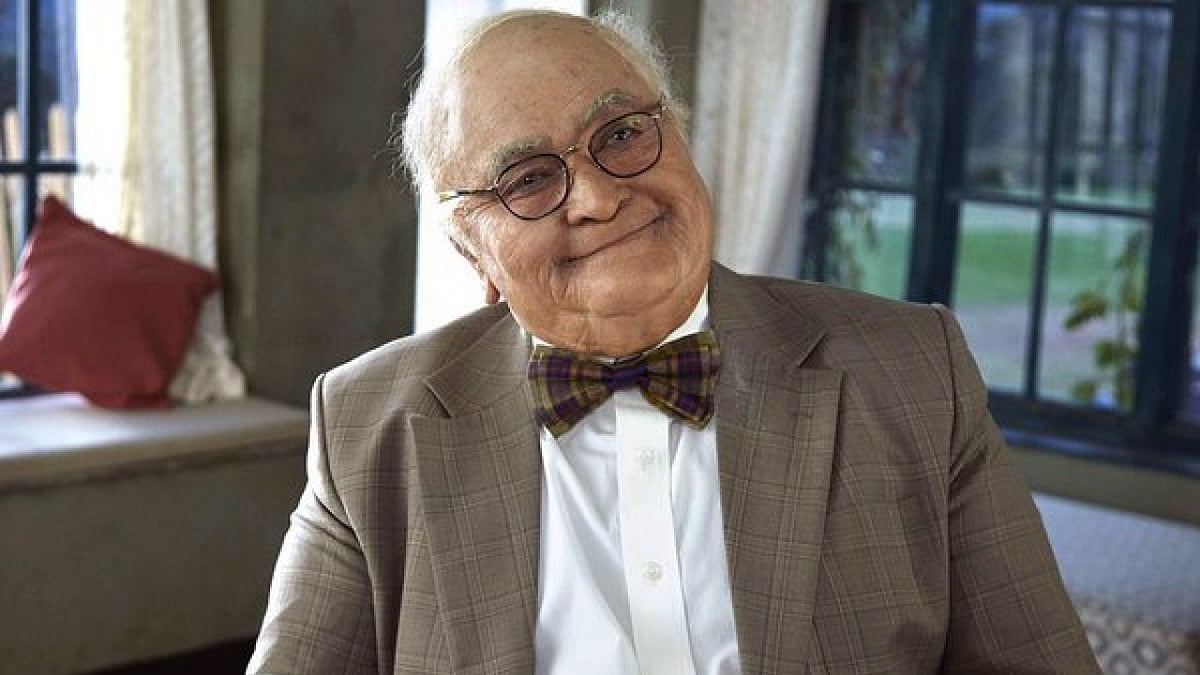My first brush with cancel culture came long before it was co-opted by the woke community. Having grown up in Chhapra (of Ara Heele Chhapra Heele fame) and the centrist’s Promised Land Singapore, one wasn’t very familiar with Bengali Bhadralok cancel culture, but one learned very early in life.
As a nine-year-old I was asked, “What’s your favourite Rabi Thakur poem?”
My answer, that I had no clue who or what a Rabi Thakur was – Tagore’s non-anglicised name with some filial love thrown in – was immediately met with pierced looks and derisive stares at my parents, who were immediately berated for not raising their only child properly.
That was the moment when my deracinated personage was cast out of Bengali heaven and I realised that not venerating Tagore is the Only CARDINAL sin that exists for people born either in “Ooest” (the letter W doesn’t exist in the Bengali lexicon) and East Bengal.
Over the years, I’ve had my non-Bengaliness shoved in my face.
Not loving fish or participating in the great debate on Uttam vs Soumitra.
Not enjoying the crowds at Durga Puja or thinking it’s the greatest festival of all time which demands an exodus to Calcutta to throng with sweaty crowds jostling with egg rolls in one hand and phucka in another.
Thinking communism is as stupid as every other mass movement with dollops of delusion.
Getting nostalgic about Birendra Krishna Bhadra’s Mahalaya recital on the radio.
Claiming Boroline can’t cure coronavirus.
Loving Manchester United over Mohun Bagan.
Not appreciating Mamata Banerjee’s poetry skills.
Not drinking Gelusil after every meal or taking an elongated afternoon siesta or pointing out that not every BJP voter is fascist.
Pointing out that The Telegraph’s front-page puns have the intellectual brevity of a special six-year-old.
There are a billion and one ways to announce one’s non-Bengaliness, and none of them will prick the native’s amour propre like announcing one hasn’t read Tagore.
Tagore – the other bearded dude
Born two days after the other bearded dude who gets a Bengali’s blood flowing, Rabindranath Tagore is the be-all and end-all of the Bengali existence. It doesn’t matter whether you are a dyed-in-the-wool aristocratic communist like Jyoti Basu or a street fighter-turned-authoritarian and ‘kultcharaal’ giant like Mamata Banerjee, every Bengali must worship Tagore.
He's a mix of Shakespeare and Goethe, a song-writer so prolific that he makes Bob Dylan look like a dilettante who was goofing off.
Perhaps that explains why modern-day Bengalis pay tribute to Tagore by singing his songs as badly as Dylan sings his, with the air of Class VI student reciting a year-end poem.
Bengali Exceptionalism – the most annoying export
In the unique experiment that is the Indian sub-continent, with its share of sub-nationalism from the Kashmiri ‘leke rahenga azaadi’ to Southern state’s ‘look at our huge GDP contribution, please don’t take your labourers back’ to subaltern Bihari pride of knowing that Lollipop Lagelu and Lalu are their greatest imports, Tagore remains an indelible part of Bengali sub-nationalism.
For Bengalis, Tagore is the eternal wingman, the man who ensures that despite no tangible superiority, Bengalis will always feel smug.
It does not matter how poor we get, or how bad our politicians are, or the economic status of the state. It is immaterial if doctors are being attacked or if Left has destroyed industry beyond repair. It doesn’t even matter if we are sitting on a COVID-19-time bomb, where the state’s law-and-order machinery can be held hostage by a community.
As long as we have Tagore, we are always going to be superior. Tagore’s influence is such, that his songs became the defining war cry for the people of East Pakistan, current Bangladesh, who chose their cultural moorings over their religious identity. He is without a doubt, the bedrock of Bengali exceptionalism.
Bengali exceptionalism – the notion that Bengalis are superior to every other race of people by virtue of their ‘kultchaar’ – is even more perverse than American exceptionalism, which at least has some real-world basis thanks to Uncle Sam’s capitalist military complex juxtaposed with the counter-culture liberal ethos.
On the other hand, you’ve Bengali exceptionalism.
Bengalis across the globe are so conceited that they divide the entire world including other Indians into Bengalis and non-Bengalis. A Bengali living anywhere in the world other than Bengal is ‘probashi’. From Gurugram to Gangnam, they are all ‘probashi’, and you can never truly take the Bengal out of that Bengali.
Tagore is the first in the line of Nobel Laureates along with Amartya Sen, Muhammad Yunus and of course, Abhijit Banerjee.
Note they are Bengali Nobel Laureates, because that’s how they are viewed. Not as Indian (Or Bangaldeshi) but Bengali ones.
Take Abhijit Banerjee. The nation’s new pin-up boy, with the metabolism of a 15-year-old has been so enthusiastically appropriated by Bengali literati that most people even refuse to acknowledge his Maharashtrian heritage. The latter is as conspicuous as any quality checks in a Shirish Kunder movie or the taste buds of the person who discovered vada pav.
Post-Script
I did try to imbibe Tagore over the years. How can one be so moved by Franz Kafka, Bob Dylan or support a club in a far-away land like Manchester United but not appreciate the cultural giant amid the culture of one’s birth?
Sadly, Tagore’s work doesn’t transform that well into English, barring exceptions like Where the Mind Is Without Fear, which actually sounds much better in English than Bengali at least, according to my pater.
I’ve read Tagore, mostly in English because I don’t get Bengali, but the ability to appreciate Tagore, appears to be – much like development in Bengal – a ship that has sailed. And an inability to understand and appreciate Tagore meant that even with my Bengali name, I will remain forever an outsider.
Read: Other Nonsensical Nemo columns
Ever since he was a kid, Nirmalya Dutta always dreamt he would be the new Bob Dylan. Sadly, he soon realised, he was only a freewheeling brat asking his dad for freebies.
The author is the Web Editor the Free Press Journal and tweets at @nirmalyadutta23.
The views expressed are his own.












